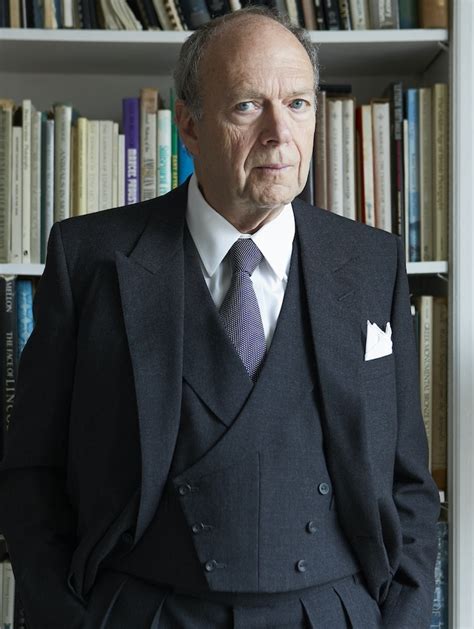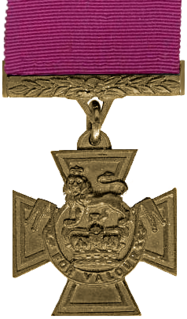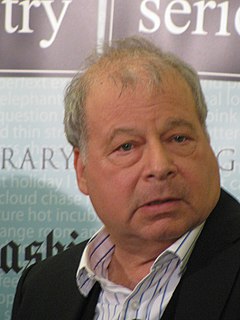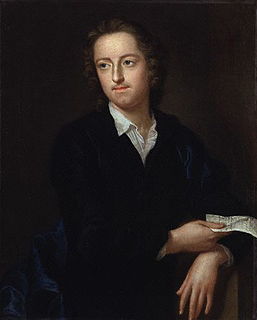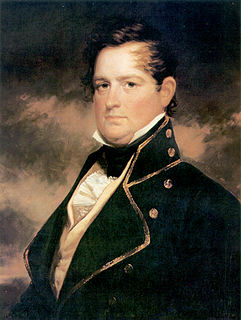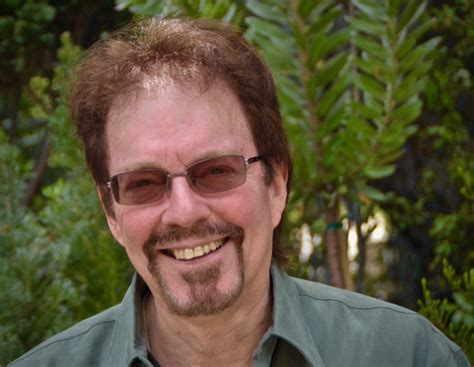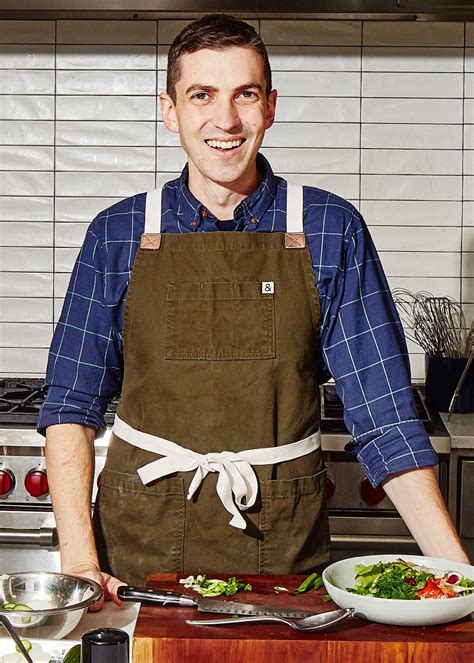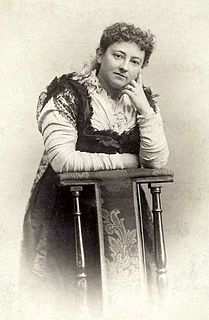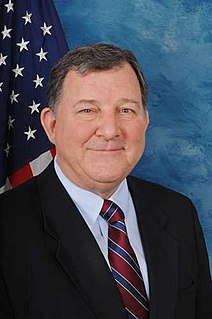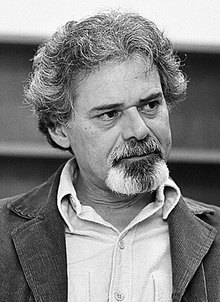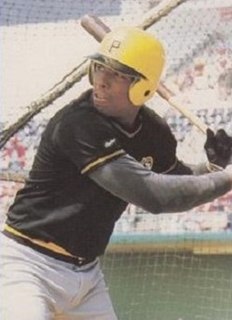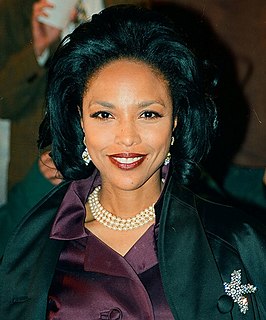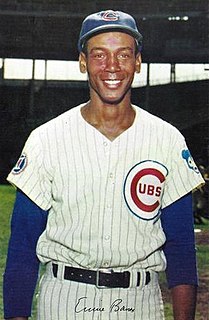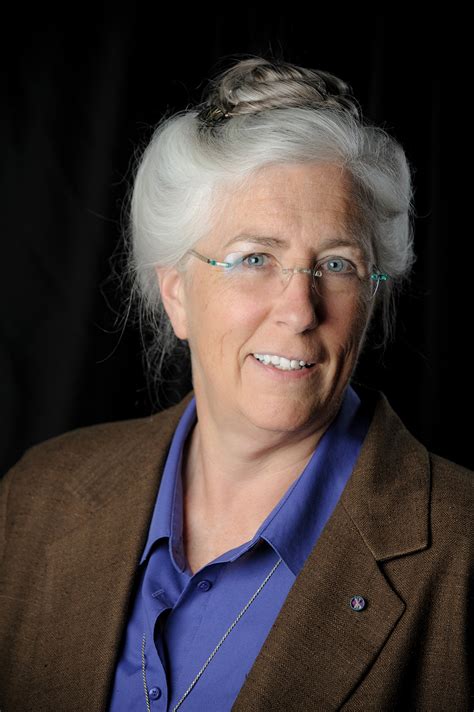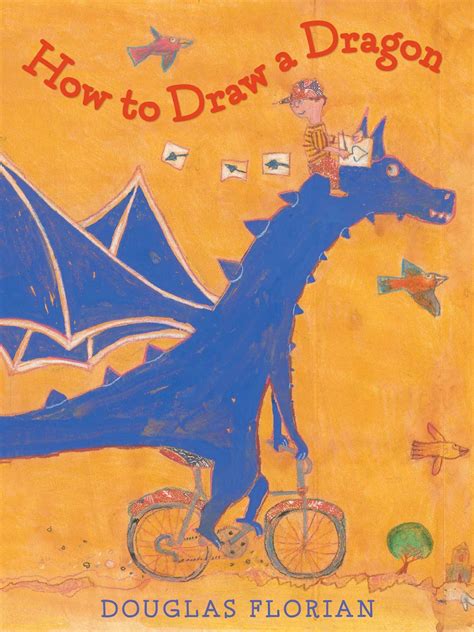Top 1200 Spring Poems Quotes & Sayings - Page 3
Explore popular Spring Poems quotes.
Last updated on April 17, 2025.
I do feel that now and I feel that this development of recording poems, of speaking poems at readings, of having records of poets, I think this is a wonderful thing. I'm very excited by it. In a sense, there's a return, isn't there, to the old role of the poet, which was to speak to a group of people, to come across.
I wrote the poems in Charms Against Lightning one by one, over almost a decade, and I did not write them toward any theme or narrative. But once I really got serious about putting together a book, I began to see that in fact there were themes across the poems, if only because my own obsessions had brought me back time and again to the same ground. I realized that any ordering of the poems would determine how those themes developed over the manuscript, and how the collection's dramatic conflicts were resolved.
There is a particular quality of quietude and stillness that suffuses these painterly poems of Carol Ann Davis, so involved with loss, motherhood and the shifting tonalities of light that transform the domestic and ordinary into the strange and extraordinary that, combined with tenderness of address, approach the worshipful and make a number of these poems so moving and distinctive.
When Emily Dickinson's poems were published in the 1890s, they were a best-seller; the first book of her poems went through eleven editions of a print run of about 400. So the first print run out of Boston for a first book of poems was 400 for a country that had fifty million people in it. Now a first print run for a first book is maybe 2,000? So that's a five-time increase in the expectation of readership. Probably the audience is almost exactly the same size as it was in 1900, if you just took that one example.
As a guiding principle I believe that every poem must be its own sole freshly created universe, and therefore have no belief n 'tradition' or a common myth-kitty or casual allusions in poems to other poems or poets, which last I find unpleasantly like the talk of literary understrappers letting you see they know the right people.
You cannot force things to happen before their time. The Spring Will come and the flowers will blossom, but you cannot force the Spring. The Rain will come, the clouds will cover the sky, the whole thirst of the earth will be gone- but you cannot force it. And this is the beauty... that the more patient you are, the quicker is the coming of Spring.
Neil Shepard's (T)RAVEL/ UN(T)RAVEL takes us from the sublime -- Paris in Spring, sunset on Corfu -- to an unscheduled toilet stop in a Chinese desert as fellow passengers cheer. Yes, there's light at the heart of this book; but darkness too, as the world and the traveler unravel and re-ravel, fall together, come apart. Shepard proves the best sort of traveling companion -- lively, observant, incisive, eloquent, charmed by the strange and familiar, the old and new. Climb aboard these poems. Enjoy the ride.
How is it that the poets have said so many fine things about our first love, so few about our later love? Are their first poems their best? or are not those the best which come from their fuller thought, their larger experience, their deeper-rooted affections? The boy's flute-like voice has its own spring charm; but the man should yield a richer, deeper music.
I love to read long books. I enjoy experiencing that extension. But it's not something I feel comfortable with and not something I think I can gain comfort with by practice. It was a real struggle for me while writing memoir to get past three pages or so. In poems, I can write long poems. But length in prose: no.






